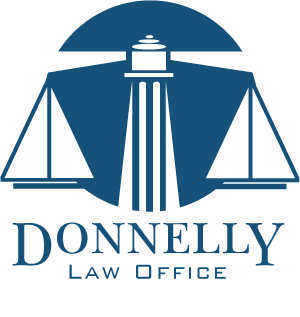Trusts: Revocable Living Trusts, Irrevocable Trusts, and Special Needs Trusts
Although there are many types of trusts created and effective during life, they all have the same basic purpose: to allow you to pass your assets in a manner you choose based on specific instructions, privately and without court intervention. All trusts are considered contracts and provide very specific instructions to make sure your family is taken care of in the manner you wish. These instructions can be simple or complex, and serve a variety of legal, personal, investment or tax planning purposes. At the most basic level, a trust is a legal entity with at least three parties involved: the trust-maker, the trustee (trust manager), and the trust beneficiary. In a revocable or living trust, often all three parties are represented by one person or a married couple.
A living trust often becomes the base estate planning document used to accomplish our clients’ wishes. The key to successful living trust planning, however, is that assets are aligned with the trust instructions. The trust can only control those assets “retitled” or “funded” with the name of the trust appearing on your accounts, real estate, and other assets. Insurance policies and some other assets must have the trust designated as a beneficiary to avoid probate and take advantage of the many protections and tax-savings a trust can provide.
One of the more important features of a trust that is often overlooked is that it allows clients to take advantage of instructions that allow any asset earmarked for a beneficiary to be protected from divorces, bankruptcy, and lawsuits. With the divorce rate as high as it is, some clients hope that protecting assets from divorce will be as valuable to their beneficiaries as savings on taxes. Fortunately, these trusts can be drafted to provide both tax and creditor protection while still allowing the beneficiary use and control of the assets.
Another valuable result of trust planning is that assets are immediately available following disability or death. If assets are owned in your name alone, banks and financial institutions are likely to freeze your accounts, rendering them inaccessible to pay for expenses. If instead the assets are aligned with a trust, the trustees have immediate access and the institutions are contractually bound to allow the trustees access to all accounts, allowing them to carry on your affairs without delay, court intervention, or added costs.
